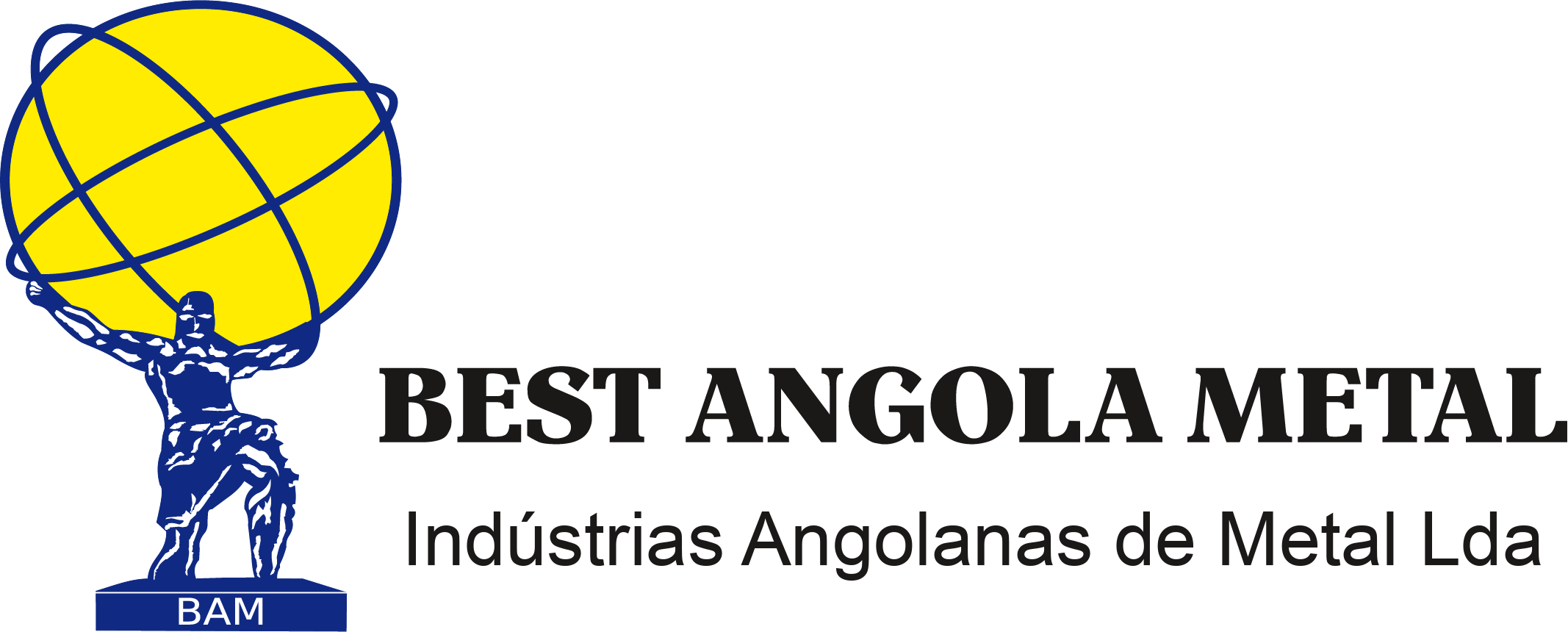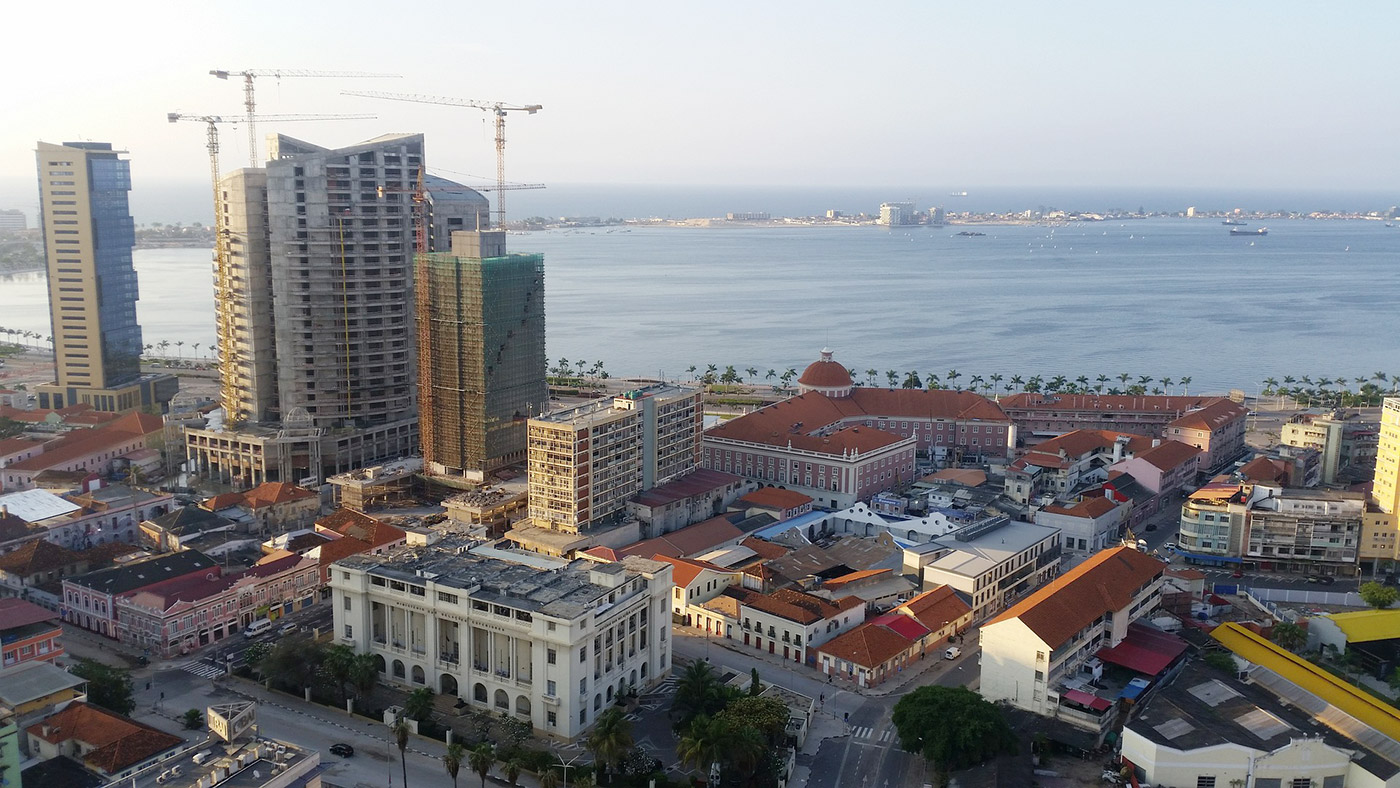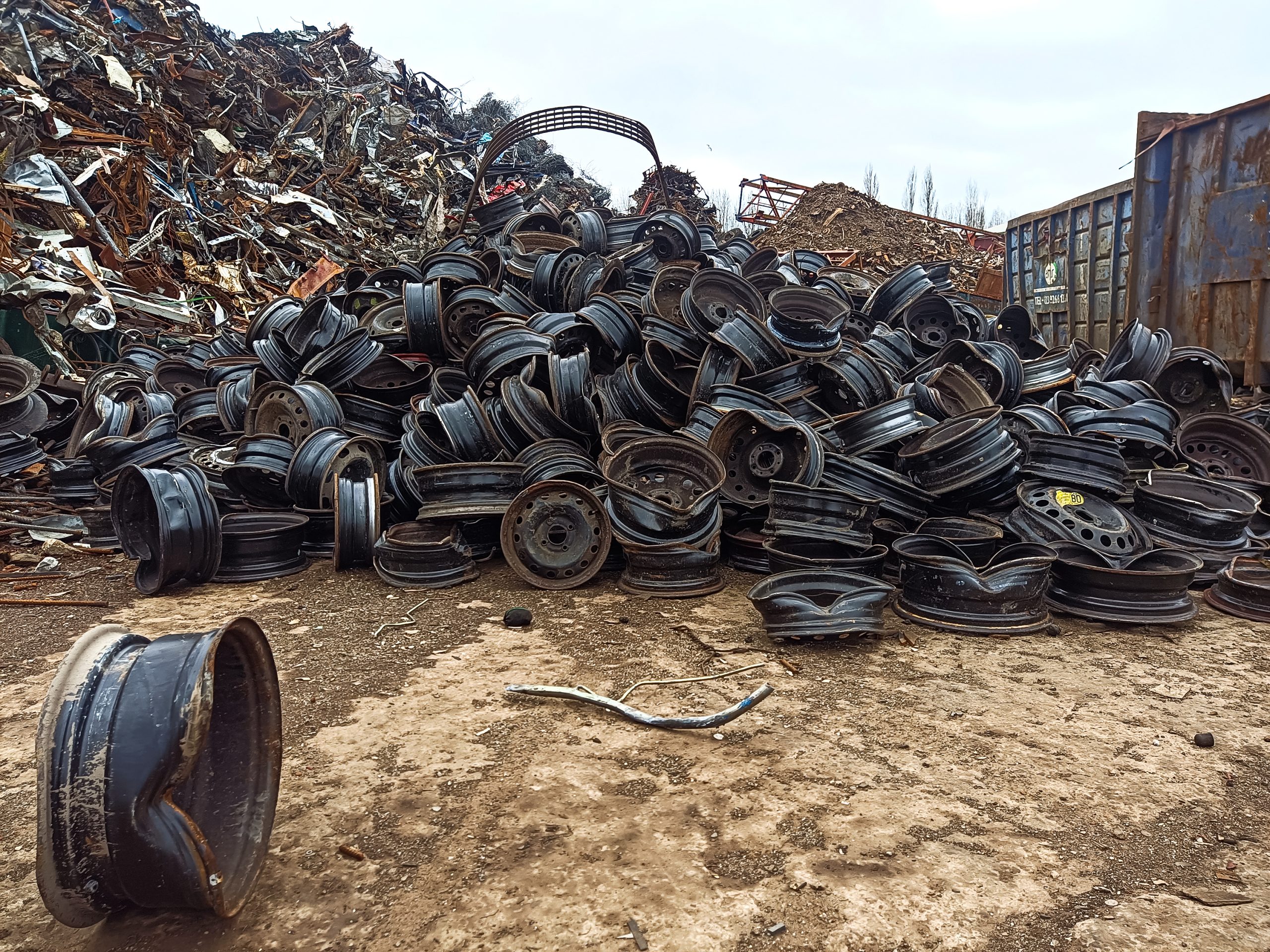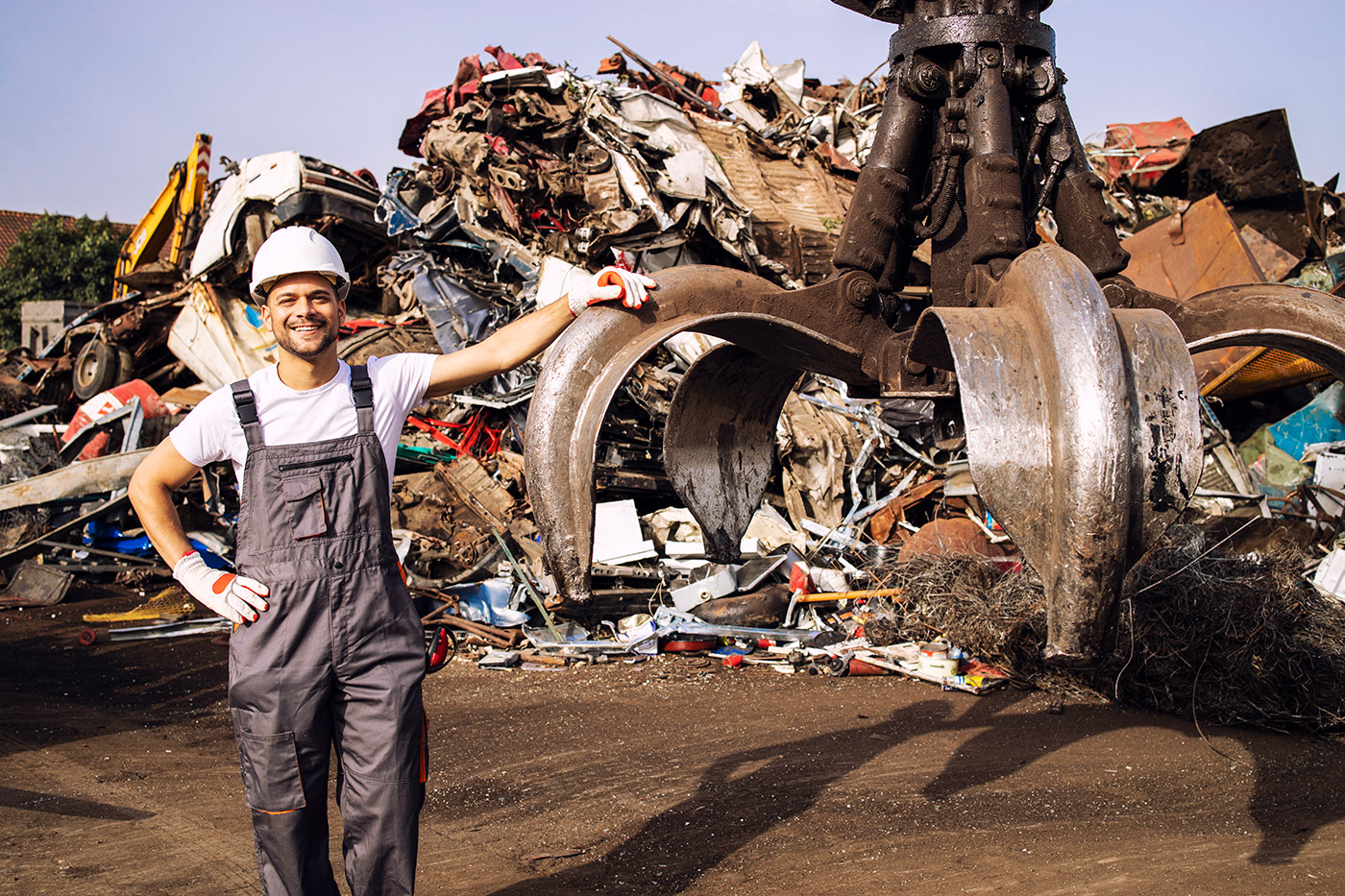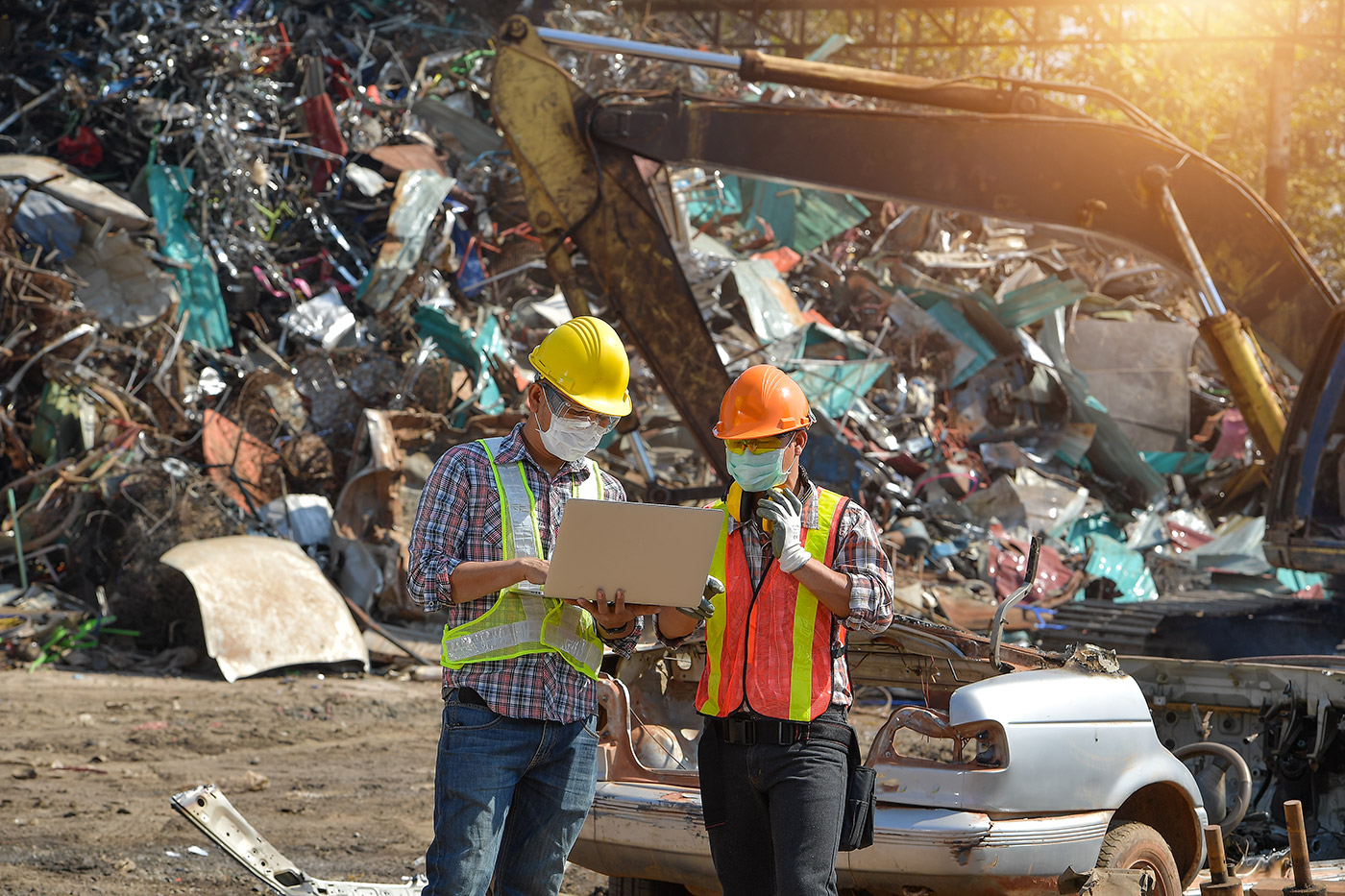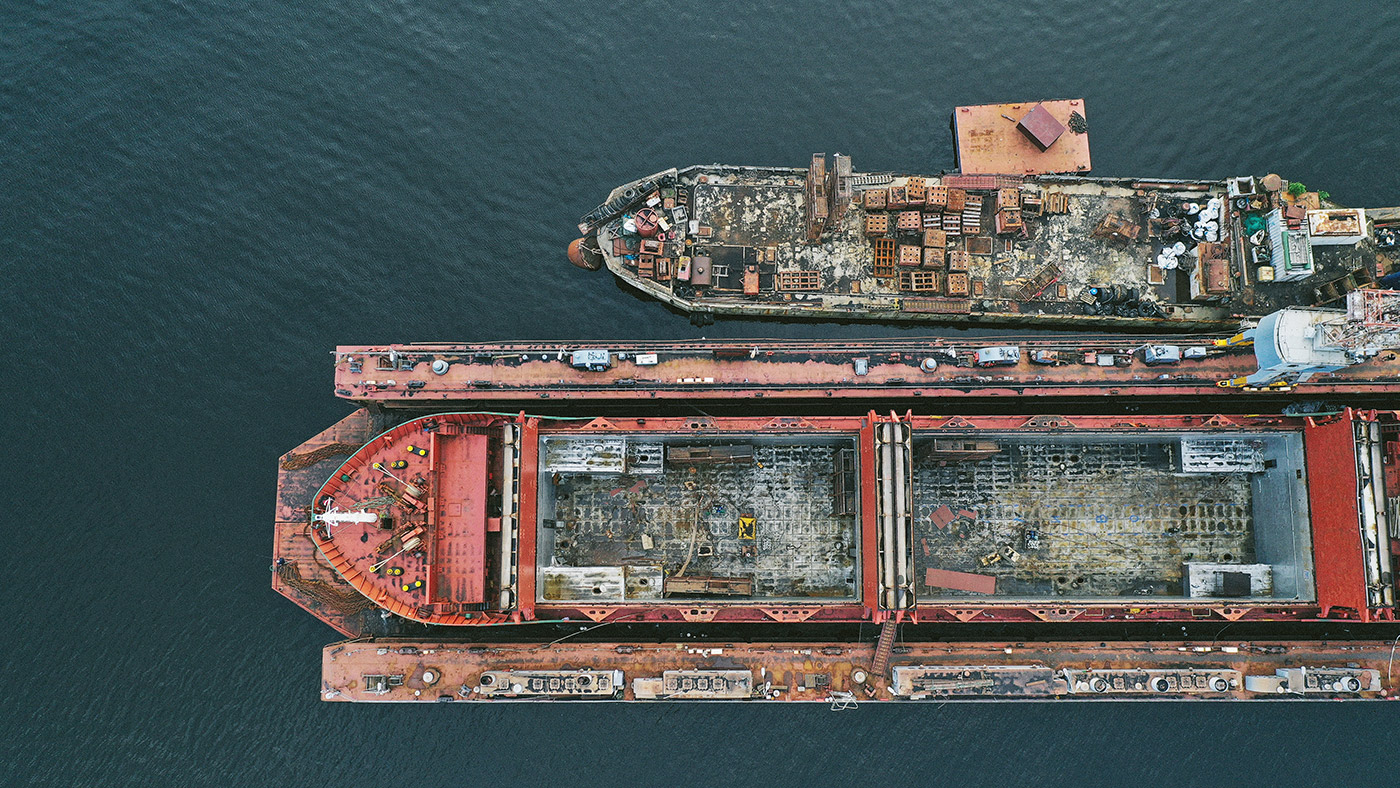Angola is a country located in southwestern Africa, bordered by Namibia to the south, Zambia to the east, the Democratic Republic of Congo to the northeast, and the Atlantic Ocean to the west. Angola has a population of approximately 31 million people, with Portuguese as the official language.
In recent years, Angola has undergone significant economic and social changes, transitioning from a long period of civil war to a more stable, peaceful society. Despite these improvements, Angola still faces a number of challenges, including poverty, inequality, and limited access to basic services such as healthcare and education.
Economy:
Angola is the second largest oil-producing country in Africa, and the oil sector is a major contributor to the country’s economy, accounting for over 90% of its export revenue. In recent years, however, Angola has diversified its economy, with a focus on agriculture, mining, and other non-oil sectors.
According to the World Bank, Angola’s GDP (gross domestic product) was $88.7 billion in 2020, with a per capita income of $2,679. The COVID-19 pandemic had a significant impact on Angola’s economy, leading to a contraction in GDP of -4.0% in 2020.
Despite its abundant natural resources, Angola still faces significant challenges in terms of poverty and inequality. The country has one of the highest poverty rates in the world, with over 40% of the population living below the poverty line. Additionally, access to basic services such as healthcare and education remains limited, particularly in rural areas.
Society:
Angola is a diverse society, with over 90 ethnic groups and a range of cultural and linguistic traditions. Portuguese is the official language, although many Angolans speak other languages such as Kikongo, Umbundu, and Kimbundu.
The country has made significant progress in recent years in terms of social development, with improvements in areas such as healthcare, education, and access to clean water. The government has made a commitment to reducing poverty and inequality, and has implemented a range of social programs aimed at supporting vulnerable populations.
Despite these improvements, however, Angola still faces significant challenges in terms of social development. The country has one of the highest infant mortality rates in the world, and access to healthcare and education remains limited in many areas. Additionally, violence against women and girls remains a significant problem.
Political System:
Angola is a presidential republic, with the President serving as both head of state and head of government. The President is elected for a five-year term, and is responsible for appointing the Prime Minister and other government officials.
In recent years, Angola has made progress towards greater political openness and transparency, with reforms aimed at promoting democratic institutions and strengthening the rule of law. However, the country still faces significant challenges in terms of corruption and political instability, particularly in the context of the COVID-19 pandemic.
Conclusion:
In conclusion, Angola is a country with significant potential for economic and social development, but still faces a range of challenges in terms of poverty, inequality, and limited access to basic services. The government has made progress in recent years towards promoting greater political openness and transparency, but more needs to be done to address issues such as corruption and political instability. Despite these challenges, Angola is a country with a rich cultural heritage and a vibrant, diverse society.
